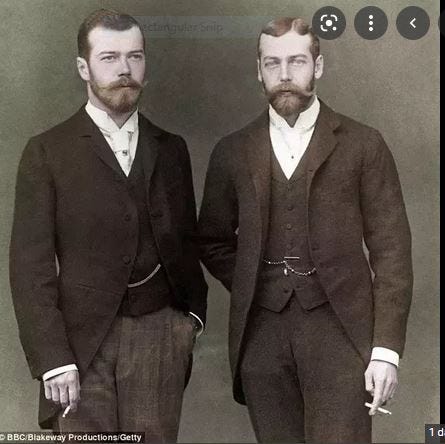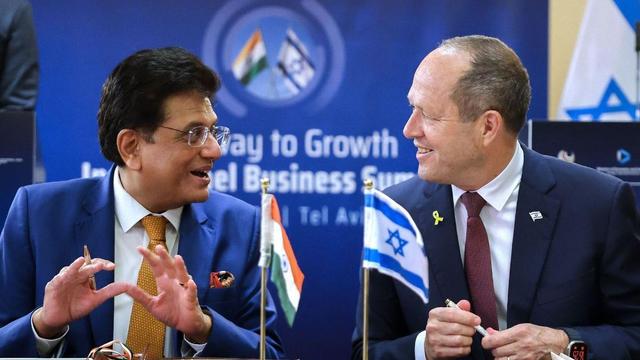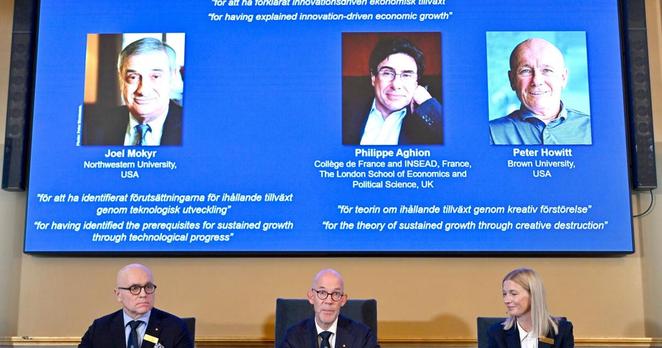"Unlike those who (somewhat wrongly) interpreted Ivan Bloch and Norman Angell to have believed that increasing interaction and economic links between the countries would make the war unthinkable, Offer implicitly argues the very opposite. It is precisely the decision to specialize in the production of manufactures (that is, to produce something for which Britain or Germany possessed comparative advantage) that led to the need to have a war machine and ultimately to the war itself: "the adjustment to economic specialization was the root cause of the war" (p. 327). World War I was in effect the first war of globalization.
While international division of labor makes the costs of wars exorbitant for all participants, it also requires, in order that the system be maintained, a permanent armed underpinning. But that permanent armed underpinning by itself renders the war more likely because it leads more than one power to make the same calculation and come to the same conclusions. If we were to replace Britain and Germany from Offer’s book by US and China today we would not be very much remiss.
More diversified, less autarkic, countries become much more productive but at the cost of being more fragile and brittle to any disruption. Our very sophisticated economic system can be brought to a complete halt by (say) one month breakdown of all electronic communications."
Here's what Canada can learn f...



